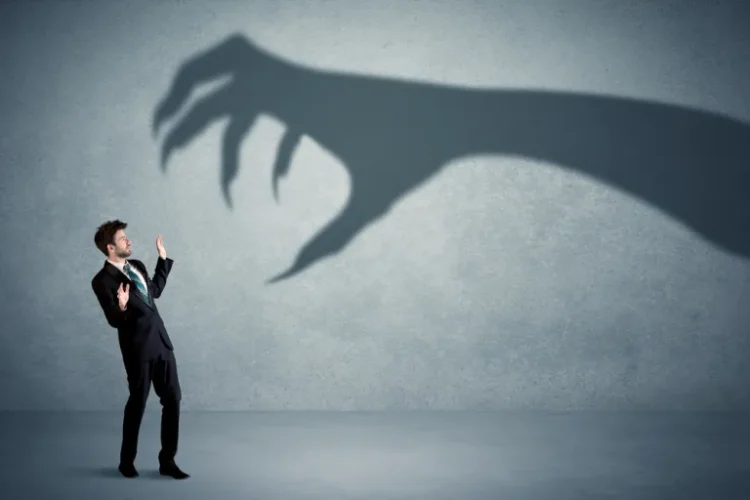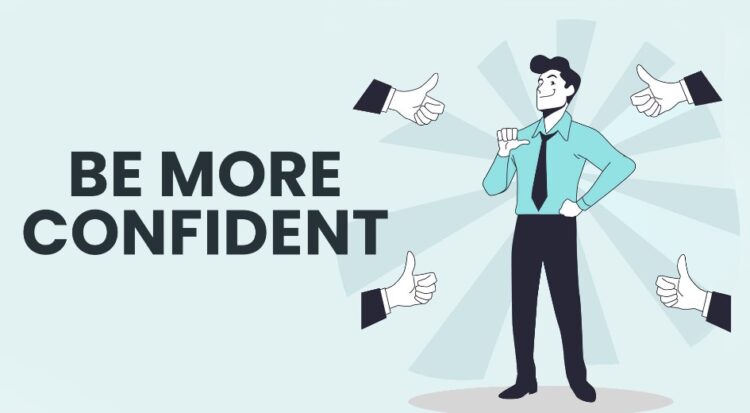Let’s face it: stress is inevitable. It’s like Wi-Fi – you can’t see it, but it’s everywhere, and when it goes bad, everything else starts falling apart.
You can meditate, drink herbal tea, or buy one of those tiny desk fountains that sound like an annoying leaky tap – but you can’t delete stress from your life. The good news is, you don’t have to.
Because here’s the wild thing: the way you deal with stress is quietly sculpting your personality. Every time you choose how to respond to pressure, frustration, or chaos, you’re literally training your future self.
Stress Isn’t Just an Emotion – It’s a Personality Gym

We tend to treat stress like a storm: duck and cover until it passes. But what if stress is more like a gym session? Every frustrating email, awkward conversation, or impossible deadline is a little workout for your patience, focus, and self-control.
And just like in the gym, how you show up matters.
Do you throw the weights across the room (metaphorically speaking) when things get tough? Or do you breathe, find your form, and push through?
Over time, those reactions become habits.
Habits become traits.
And traits become – well – you.
If you constantly react with panic or defensiveness, you’re wiring yourself to be more anxious and brittle. But if you focus on strategies that help to manage stress instead of running from it, you’re literally rewiring your brain toward resilience and confidence.
Neuroscientists call it neuroplasticity, but we can just call it becoming who you want to be.
How You Cope Becomes Who You Are

Imagine two people in the same stressful situation – say, their project blows up at work.
One person spirals: “Why is this happening to me?” The other pauses, breathes, and asks, “Okay, what’s my next step?”
Same stress. Totally different outcomes.
The first person teaches their brain that stress = chaos.
The second teaches their brain that stress = challenge.
Now, multiply that one choice by hundreds of stressful moments over a lifetime. You can see how personality starts to tilt in one direction or the other — either toward reactivity or toward resilience.
And this is the part we often forget: you don’t just “have” a personality; you build one, micro-reaction by micro-reaction.
You Can’t Avoid Stress, But You Can Redesign It

You can’t escape stress, but you can redefine your relationship with it.
Most of us operate on autopilot. Something stressful happens, and we default to our usual coping mechanism – overthinking, scrolling, venting, overeating, over-something-ing.
But awareness changes the game. The moment you catch yourself mid-reactivity and go, “Wait, I have another option,” that’s a crack in the pattern. That’s how transformation begins – not in big life epiphanies, but in tiny, quiet moments where you choose a new response.
You’re basically telling your brain: “Hey, let’s update the software.”
The Tiny Choices That Change Everything
Here’s the fun part – you don’t need to meditate on a mountain or delete all your social media to change your stress response. You just need a few small, deliberate habits that interrupt your automatic reactions.
Try this:
- Breathe before you react.
Not a dramatic yoga breath, just one slow inhale that reminds your brain you’re safe. - Name the feeling.
“I’m anxious.” “I’m frustrated.” Naming it gives you distance from it. - Ask better questions.
Instead of “Why me?”, try “What’s this trying to teach me?” - Laugh at the absurdity.
Half of life’s problems are just poorly written sitcom plots.
These might sound simple — and they are — but consistency is everything. Each time you respond differently to stress, you’re carving a new mental groove. A little calmer. A little clearer. A little closer to the person you want to be.
The Real Glow-Up

We talk a lot about self-improvement — becoming more confident, more patient, more “aligned.” But most of that work doesn’t happen in your comfort zone. It happens in the uncomfortable, unfiltered, “I’m about to lose it” moments when stress tests your character.
That’s where the growth lives.
When you handle stress with awareness instead of panic, you send your future self a powerful message: I can do hard things without losing myself.
And that — more than any morning routine or productivity hack — is how transformation happens.
So no, stress isn’t the enemy. It’s the training ground.
And every time you face it with a little more calm, a little more grace, you’re quietly becoming the person you’ve always wanted to be.
 Hi Boox Popular Magazine 2025
Hi Boox Popular Magazine 2025



